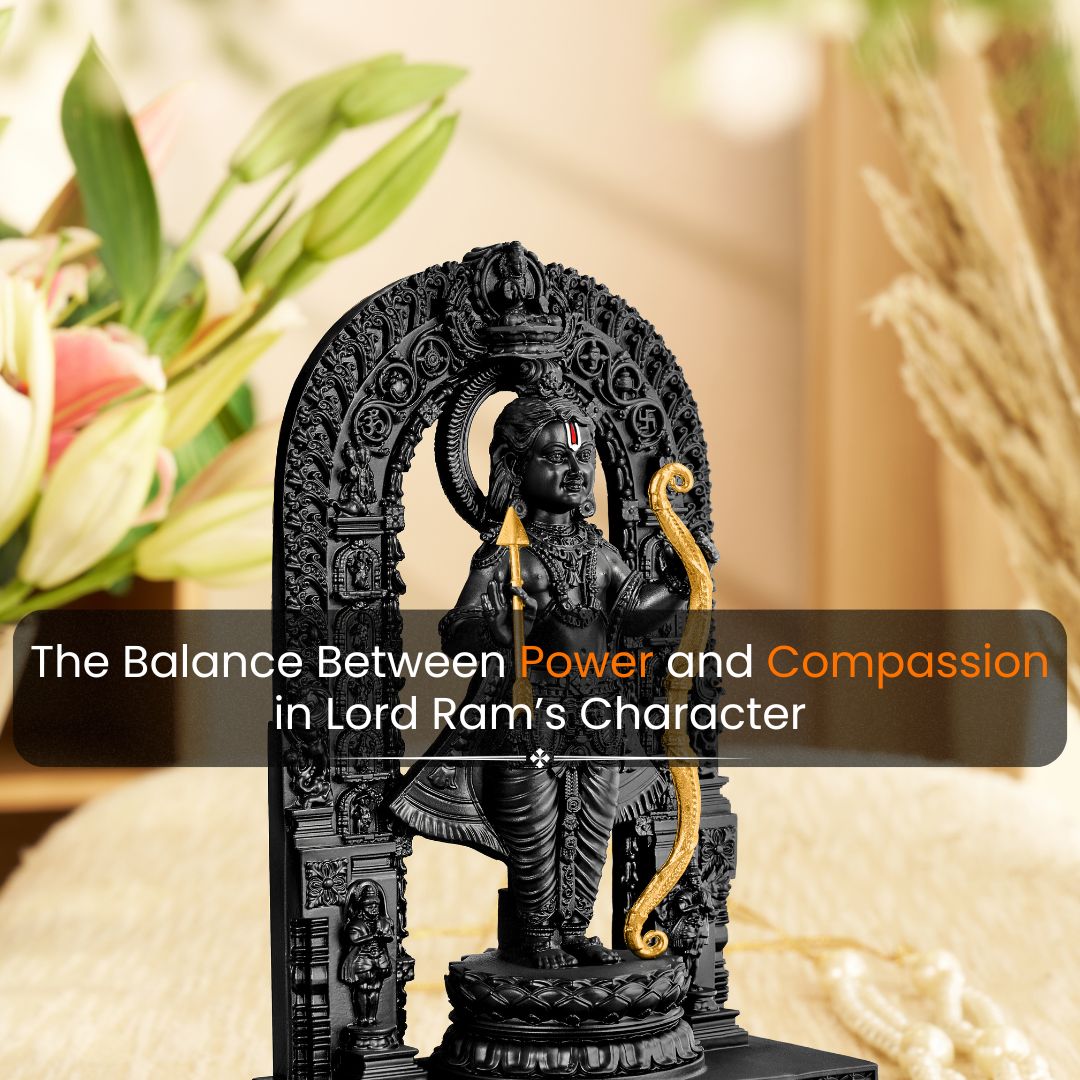
Why is Lord Shiva Called Mahadev?
Lord Shiva is one of the most revered deities in Hinduism. His name, "Mahadev", is widely known, but many people wonder, "Why is Shiva called Mahadev?" In this blog, we will explore the meaning and significance of the title "Mahadev" and understand why this powerful name is associated with Lord Shiva. This explanation will help you learn more about the deeper meaning of this title in a simple and easy-to-understand way.
What Does Mahadev Mean?
The word "Mahadev" is derived from two Sanskrit words: "Maha" meaning great, and "Dev" meaning god. Therefore, "Mahadev" translates to the "Great God" or "God of Gods." This title reflects Shiva's supreme position among the gods in Hindu mythology. But, what makes Shiva the "God of Gods"? Let’s delve deeper.
Why is Shiva Called Mahadev?
Lord Shiva is known as Mahadev because he is considered the most powerful and supreme being in the Hindu pantheon. Unlike other gods, Shiva is not just a creator, preserver, or destroyer; he is all of these things at once. His role encompasses creation, destruction, and transformation, and this gives him a unique and exalted position among all deities.
Here are a few reasons why Lord Shiva holds the title of Mahadev:
- Supreme Power: Lord Shiva has immense power, which makes him stand apart from other gods. He is the ultimate force that controls the universe and its operations. As Mahadev, he is beyond the limits of time and space, holding the cosmic energy that governs everything.
- Creator, Preserver, and Destroyer: Shiva is known as the Tridev, meaning he encompasses the three major functions in the universe—creation, preservation, and destruction. While Brahma is the creator, Vishnu is the preserver, and Shiva is the destroyer, but his role is also to bring balance and transformation, which makes him the supreme deity.
- Lord of the Universe: Shiva's domain is not limited to just one aspect of the universe. He is not only the god of destruction but also the god of regeneration and transformation. This role as the ultimate force of change solidifies his title as Mahadev. In fact, Lord Shiva governs both the known and unknown worlds, making him a universal god.
- The Yogic Deity: Lord Shiva is also regarded as the patron god of yogis. His role as a great ascetic and meditative being shows his spiritual depth. As Mahadev, he represents the path of inner peace, meditation, and wisdom, which sets him apart from other deities who are more associated with material realms.
- Shiva’s Devotees: Devotees of Lord Shiva believe that he is both the destroyer of evil and the giver of life. His followers regard him as the ultimate protector, capable of protecting his devotees from all hardships. This role as the ultimate savior is another reason why he is called Mahadev.
The Symbolism of Mahadev
The title Mahadev also reflects Shiva's symbolic role in maintaining the balance of the universe. His dance, called the Tandav, represents the cyclical nature of the universe. Shiva’s ability to create and destroy effortlessly showcases the impermanence of life and the interconnectedness of everything.
Moreover, Shankar Bhagwan is often depicted with a third eye, which symbolizes his ability to see beyond the physical world. This also signifies his wisdom and insight into the true nature of existence, further elevating his status as Mahadev, the supreme god.
Conclusion
To summarize, Lord Shiva is called Mahadev because of his supreme position in Hindu mythology as the God of Gods. His unique role in the universe, along with his powers of creation, preservation, and destruction, gives him a special place in the hearts of millions. His ability to maintain balance and wisdom, along with his deep connection to spirituality, makes him the greatest god in the Hindu faith.
Understanding why Shiva is called Mahadev helps us appreciate his significance in a deeper way. As the Mahadev, he embodies the perfect balance of power, wisdom, and grace. Whether you are a devotee of Lord Shiva or someone curious about the meaning behind this title, one thing is clear—Lord Shiva’s position as Mahadev stands as a symbol of his unmatched strength and divine presence in the universe.





















